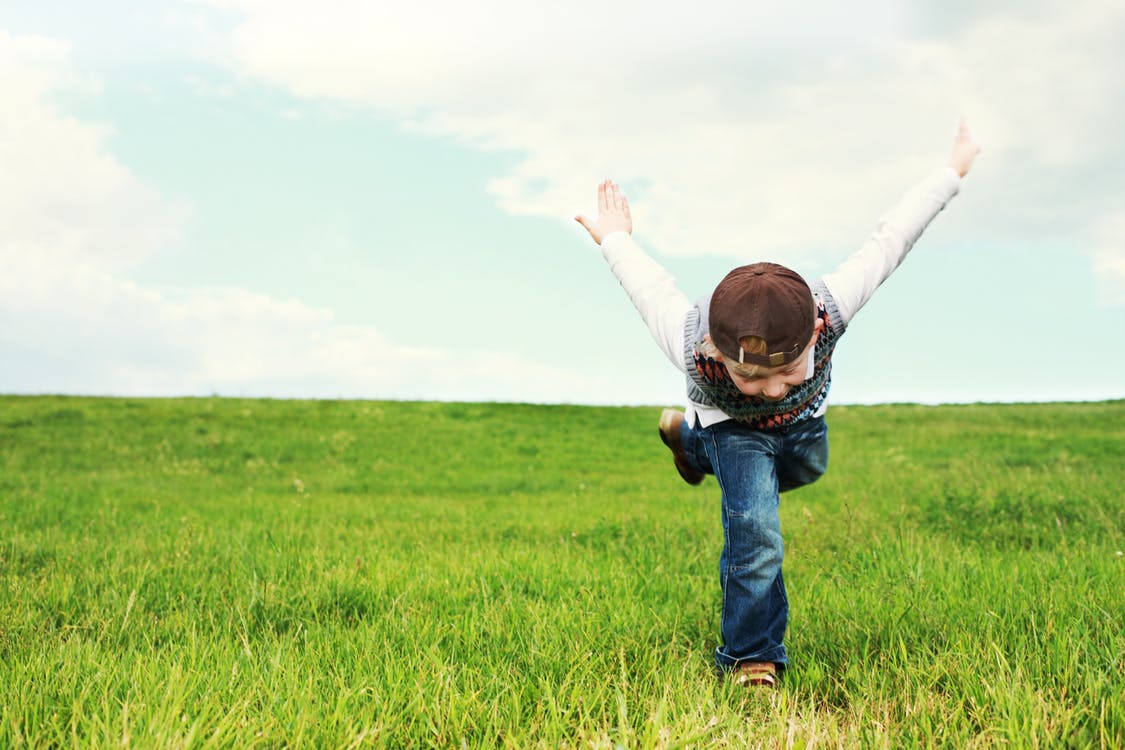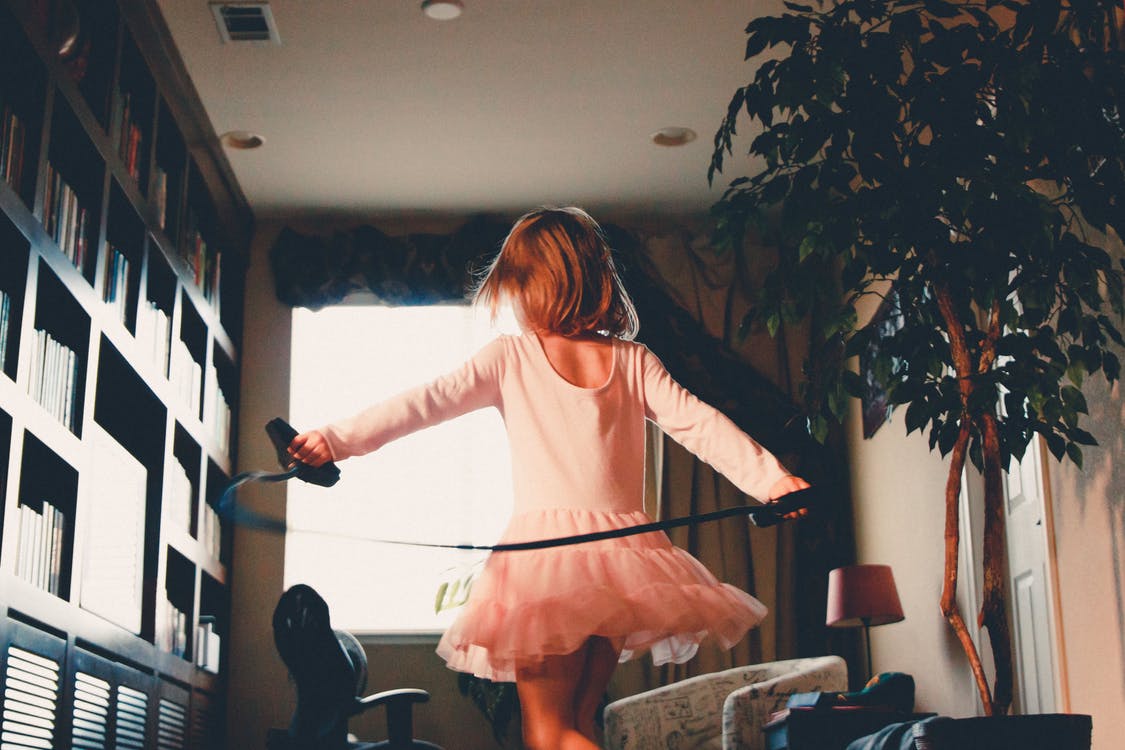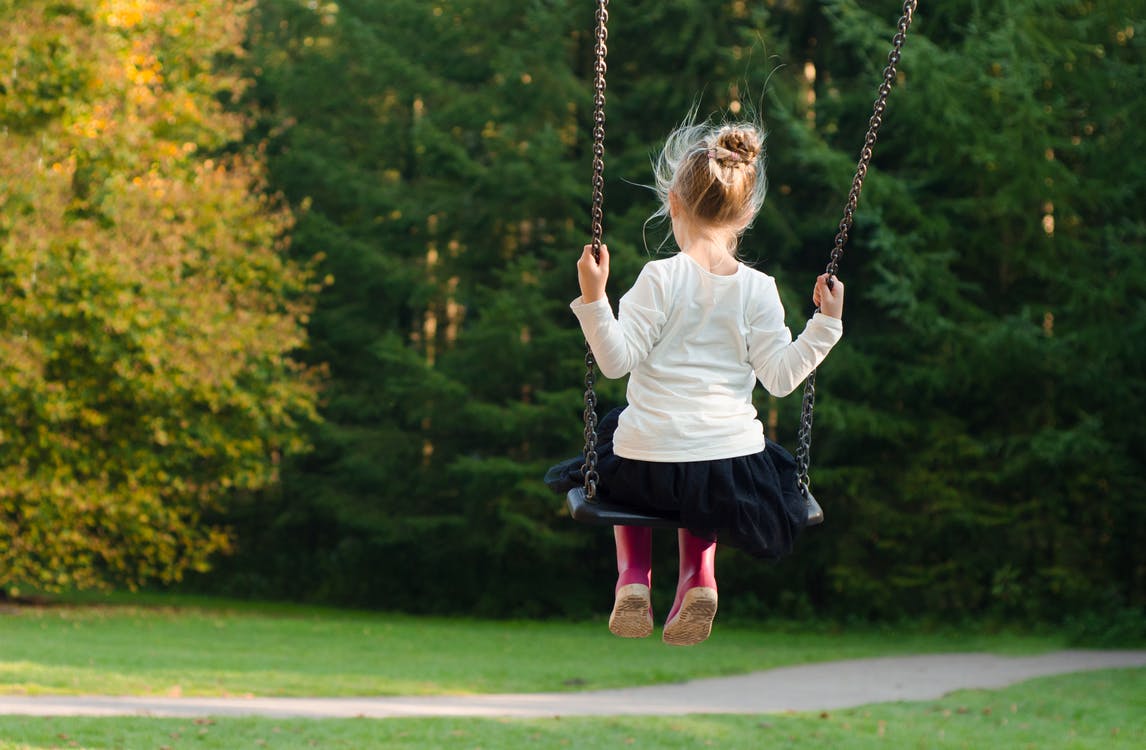Anyone who knows me, knows I am insanely passionate about children and movement. Movement is so unbelievably important from a young age and teaching our children the basic skills of throwing, catching, squatting, kicking, etc through play is imperative for the development of their fine and gross motor skills.
It’s also important for a host of other reasons. As a nation we are moving less and less and becoming more and more unhealthy, this doesn’t just have an effect on hour general health, but also our mental health. Movement and mental health are so closely intertwined.
Recent research out of the UK has shown that children are not physically ready to start school at 4 & 5 years of age. They are not ready to perform tasks that are required at school age – sitting up straight, holding a pencil, etc.

There has been a decline in children’s ability to perform these activities over recent years and a lack of being physically active, whether through sport and sporting activities or just physical activity and movement around the home, the neighbourhood and in our day to day lives affects our children’s development of fine & gross motor skills.
We want to encourage a love of being physically active in pre-school and facilitate a lifelong love of movement, so that it will help lay the foundations for creating a good attitude towards a healthy lifestyle which will hopefully continue through childhood, and into adult life.
I caught up with Carmen Dodds, Paediatric Occupational Therapist from Ready Steady Go Kids to chat about children’s development of Fine & Gross Motor Skills and the importance of getting children involved in physical activity and sporting activities from a young age.

Carmen has some fabulous advice on getting our children moving and what activities are suitable for what age. Take a read…
Milestones for a toddler.
- Learn to gain more balance
- Become more confident in their motor abilities
- Test out new skills – move whilst holding a toy, bend down and get up; climb stairs; jump and run
- Fine motor skills begin to develop – use utensil and crayons
Milestones for Pre-Schoolers:
- Coordination is consolidated and fine motor skills established
- Can catch and throw a ball
- Can ride a tricycle
- Confident climbers
- Fine motor skills – Can build block towers, Can do basic cutting with scissors, A tripod pencil grip is established(+/- 5 years old)

Things you can easily do…
Visit your local playground: Playgrounds are all different and require different skills, you can practice different skills such as climbing which is great to develop trunk and upper arm strength; going up and down stairs, teaching your child how to swing.
Play games that include lots of gross motor skills like running; hopping; jumping; skipping; galloping (Simon says; Follow the leader).
Use the footpath; jumping over the cracks, running or creating artwork with footpath chalk.
Use the fence to draw and create artwork with footpath chalk – working on a vertical surface helps to develop strength in the arms. Chalk is a great tool to practice fine motor skills. Use a spray bottle to spray the chalk off the fence – great to strengthen the fingers/hands. Draw; practice letters and numbers.
Be outdoors or indoors and be physically active – build an obstacle course: you can set up different stations that focus on jumping, climbing and crawling. Pretend to be different animals (hop like a bunny, jump like a frog, walk like a bear), dancing (Hokey Pokey or Chicken Dance,
Play ball: Using both small and large balls, you and your child can focus on developing and improving throwing, catching and kicking skills.
Focus on the core and shoulders: Many kids have decreased core stability or weak shoulder muscles. Activities that help to strengthen both areas include wheelbarrow walks, crab walks, bear walks and push-ups. Lots of time of the tummy helps to develop core strength – lie on your tummy to watch tv; read; colour; eat snacks; play games.
Skip with a rope:
Get involved in tasks at home that involve heavy work and motor skills:
“Heavy work” helps children to focus and remain calm, and helps ease sensory needs. Many household chores and activities involve heavy work.
Heavy work is an activity that requires using your joints/muscles and puts pressure on your joints/muscles as you move, for example pushing furniture; carrying bags of groceries; carrying laundry.
- Do the dusting with an old sock on your hand;
- Water plants with a watering can/bucket;
- help pack way toys using BBQ tongs (dirty laundry; puzzle/games/lego blocks);
- sweeping/vacuuming;
- help with the washing; aim and throw balls of socks into the washing basket; push/pull and move the laundry basket.
Try a Multi-Sport Program like Ready Steady Go Kids!
Switch on Little Rockers Radio and listen out for our short movement activity every 30-minutes. You can pose like a tree with Gracie Goanna, Jump Like a Kangaroo with Tommy Kitten, Leap like a Frog with Gracie Goanna and more as well as bust your moves to our great music!
You can listen to my full interview with Carmen over at: http://littlerockersradio.com.au/little-rockers-blog/interview-with-paediatric-occupational-therapist-kids-fine-gross-motor-skills
Written by Sarah Morrissey, founder Little Rockers Radio. Sarah is passionate about children’s health (physical and mental) and wants today’s children to grown into happy and healthy grown-ups.
You might also like to read:
Top Parenting Hacks from Bree, B Minor Music
‘The Future Belongs To Those who Give The Next Generation Reason For Hope’.
5 Things To Let Go of in Parenting that will Save Your Sanity









